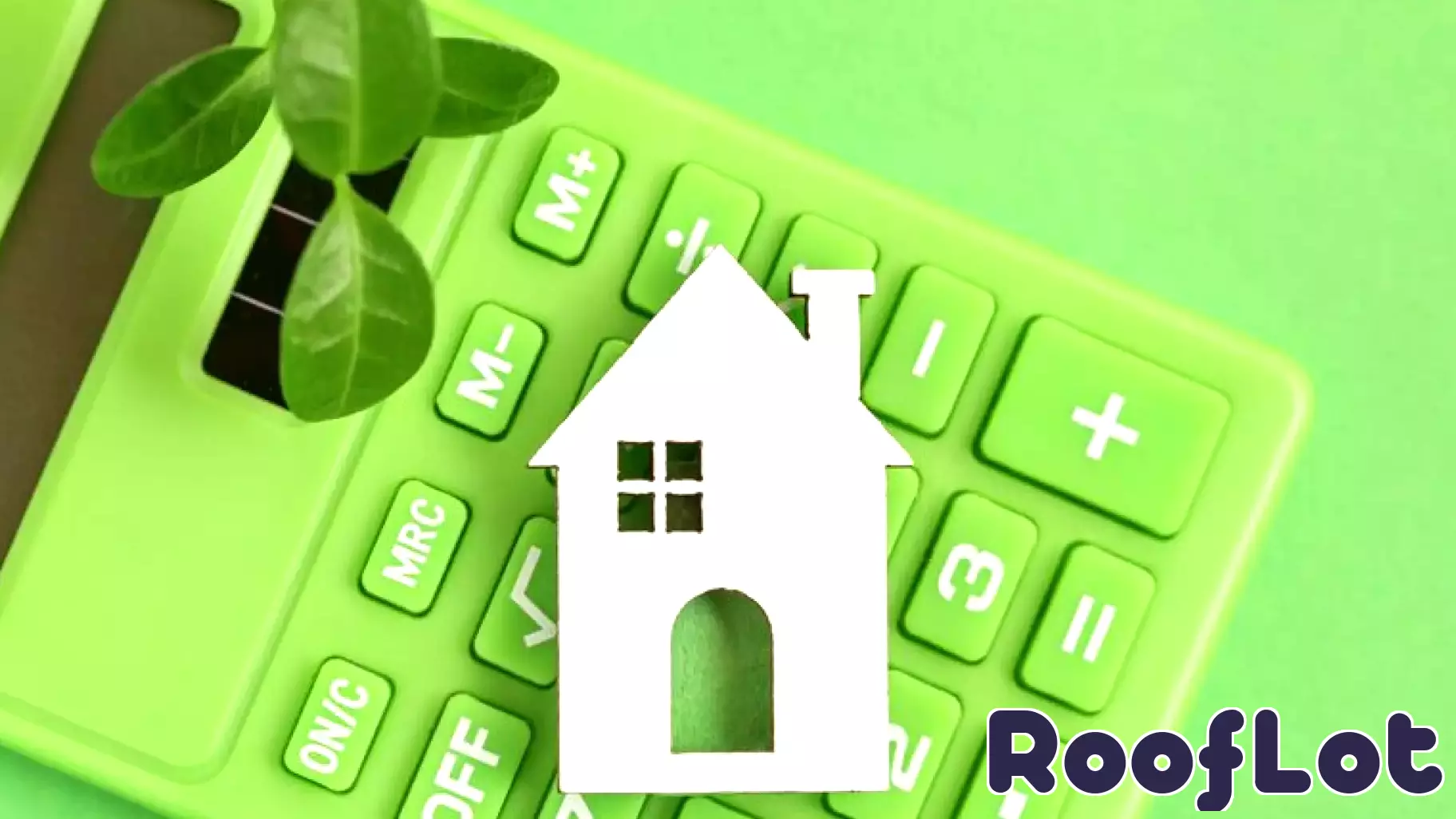April 3, 2025 - 05:24

In the early 2000s, before the rise of Environmental, Social, and Governance (ESG) considerations, companies faced a fragmented landscape in understanding various risks. These risks, while not directly financial, had the potential to negatively impact a company's bottom line. As ESG principles gained traction, the real estate sector found itself in a tug of war, balancing traditional investment strategies with the increasing demand for sustainable practices.
Real estate firms are now under pressure to incorporate ESG factors into their decision-making processes, which can complicate investment strategies. Investors are increasingly prioritizing sustainability, pushing companies to adopt practices that minimize environmental impact and promote social responsibility. This shift is not without its challenges, as firms must navigate regulatory requirements and market expectations while ensuring profitability.
The ongoing evolution of ESG in real estate signals a significant change in how properties are developed, managed, and marketed. As the industry adapts, the interplay between financial performance and responsible practices will continue to shape its future.



